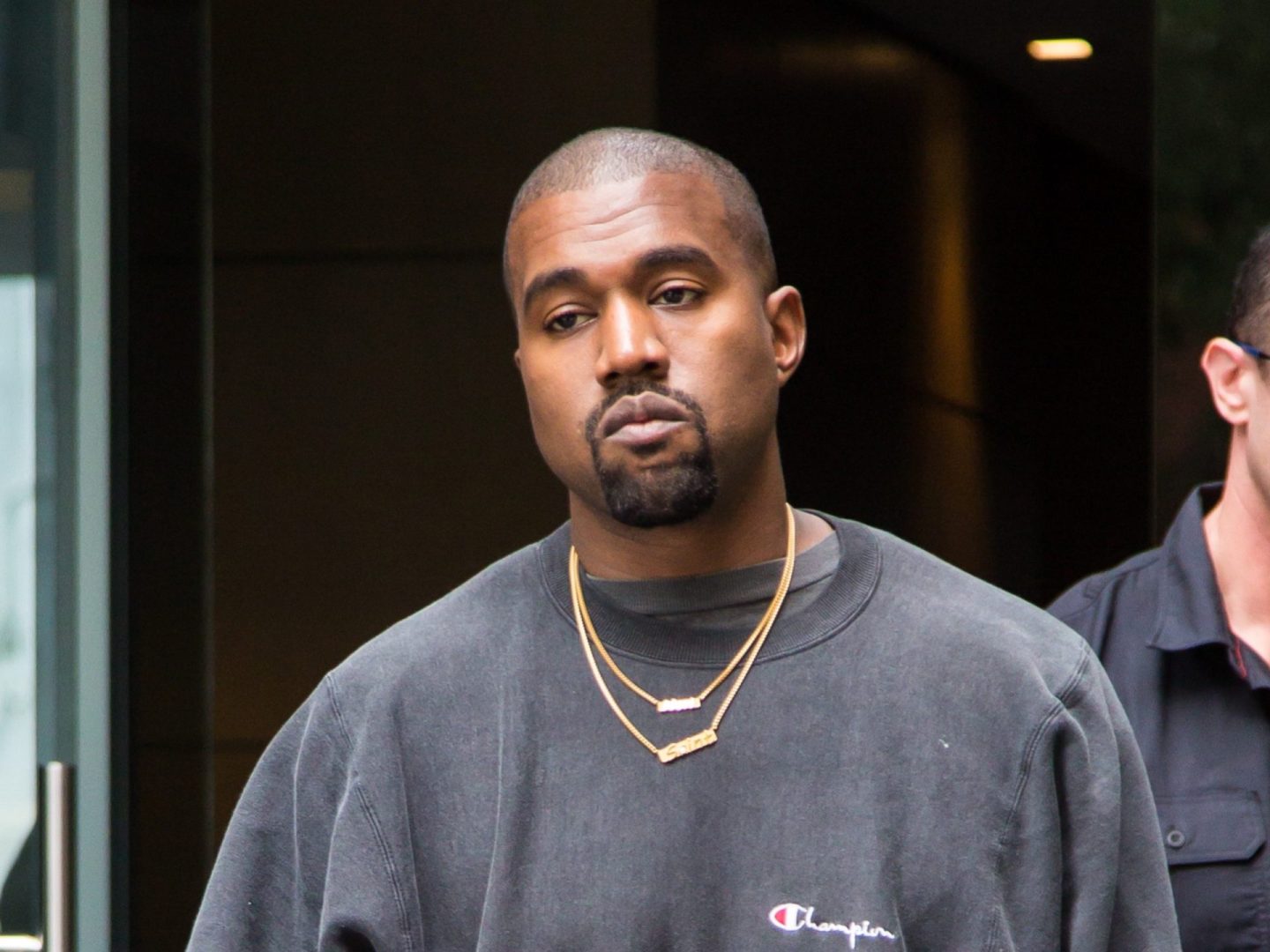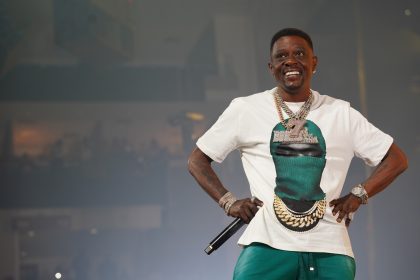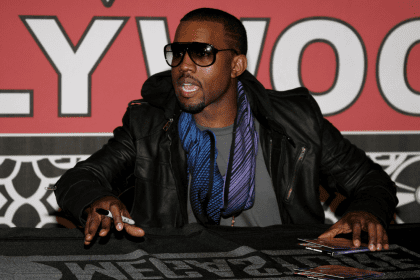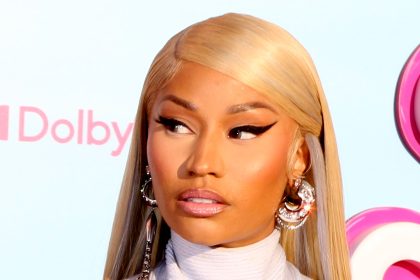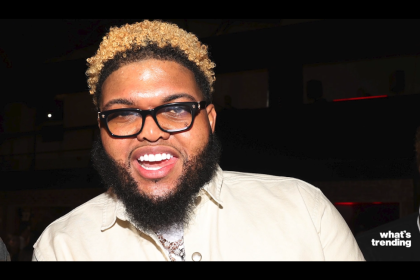Kanye West has generated fresh controversy after publishing a series of provocative messages on Twitter on April 9. The posts contained explicit and unsubstantiated claims regarding alleged intimate relationships between Taylor Swift and two male musicians, Justin Bieber and Harry Styles.
In the late-night social media posts, West claimed that Bieber and Styles had intimate encounters with Swift from both sides without informing him. This statement appeared within a larger collection of posts that included vulgar remarks about other entertainment industry figures, including references to Beyoncé and JAY-Z.
West further emphasized the supposed veracity of these claims in subsequent posts, writing that the message was one thousand percent true and suggesting he possessed insider knowledge about the situation. These assertions were made without providing any supporting evidence or context for the allegations.
Background of industry tensions
These recent statements represent the latest development in a long-standing feud between West and Swift that dates back to the 2009 MTV Video Music Awards. During that widely-publicized incident, West interrupted Swift’s acceptance speech, creating a moment that would significantly impact both their careers and public perceptions.
The social media posts also referenced this incident, with West describing it as the Taylor Swift movement moment that affected his standing in the entertainment industry. This suggests ongoing frustration about how this past conflict continues to influence his career trajectory and industry relationships.
Just two days before these explicit claims, West expressed dissatisfaction about being excluded from major performance opportunities, including the Super Bowl halftime show. In a since-deleted post, the artist attributed this exclusion to several factors, including his controversial statement that George Bush doesn’t care about Black people, the ongoing feud with Swift, and his decision to wear a MAGA hat.
Broader industry grievances
Beyond the specific allegations about fellow musicians, the social media outburst reflected broader frustrations with the music industry. West questioned how someone he describes as the best living artist could be blocked from mainstream platforms, suggesting he was being penalized for being ahead of his time.
This perspective indicates West views professional setbacks as the result of external factors rather than personal conduct or decisions. The recent posts position the artist as being unfairly sidelined despite significant creative contributions to the music industry.
These statements align with a pattern of provocative public commentary that has characterized West’s public persona in recent years, often mixing personal grievances with broader claims about the entertainment industry structure and perceived injustices.
Absence of responses
As of publication, neither Swift, Bieber, nor Styles have publicly responded to the allegations made by West. This silence leaves questions about how the targeted artists will address these unsubstantiated assertions, if at all.
The lack of immediate response reflects the challenging position these artists face when drawn into public controversies not of their making. Industry observers note that responding directly could potentially amplify unfounded claims, while remaining silent might be misinterpreted as tacit acknowledgment.
The situation highlights the complex dynamics of celebrity relationships in the social media era, where unfiltered statements can instantly reach millions of followers without the traditional gatekeeping functions of media or publicity teams.
Public and media reaction
Public response to West’s claims has been divided across social media platforms. Some followers expressed disapproval of the explicit nature of the remarks, while others viewed the posts as merely another instance of erratic online behavior from an artist known for controversial statements.
Media outlets have covered the social media outburst extensively, analyzing potential implications for West’s career and relationships within the entertainment industry. Industry analysts note that while previous controversies have not significantly diminished West’s commercial success, the accumulated effect of repeated provocative incidents may eventually impact professional opportunities.
The situation also renews questions about social media platforms’ role in amplifying unsubstantiated claims and the responsibility of public figures when making assertions about colleagues without supporting evidence.
Industry impact considerations
This latest controversy raises questions about how repeated provocative incidents affect professional relationships within the music industry. Entertainment business experts suggest that while single controversial events might be overlooked, patterns of behavior can eventually influence collaboration opportunities and industry standing.
The incident represents another chapter in the complex relationship between West and mainstream entertainment institutions. Throughout a career spanning over two decades, West has alternately been embraced as an innovative creative force and criticized for unpredictable public behavior.
For Swift, Bieber, and Styles, the situation creates an unwanted association with a controversy they did not initiate. Industry professionals note that such situations can create challenging public relations scenarios that distract from creative work and professional accomplishments.

